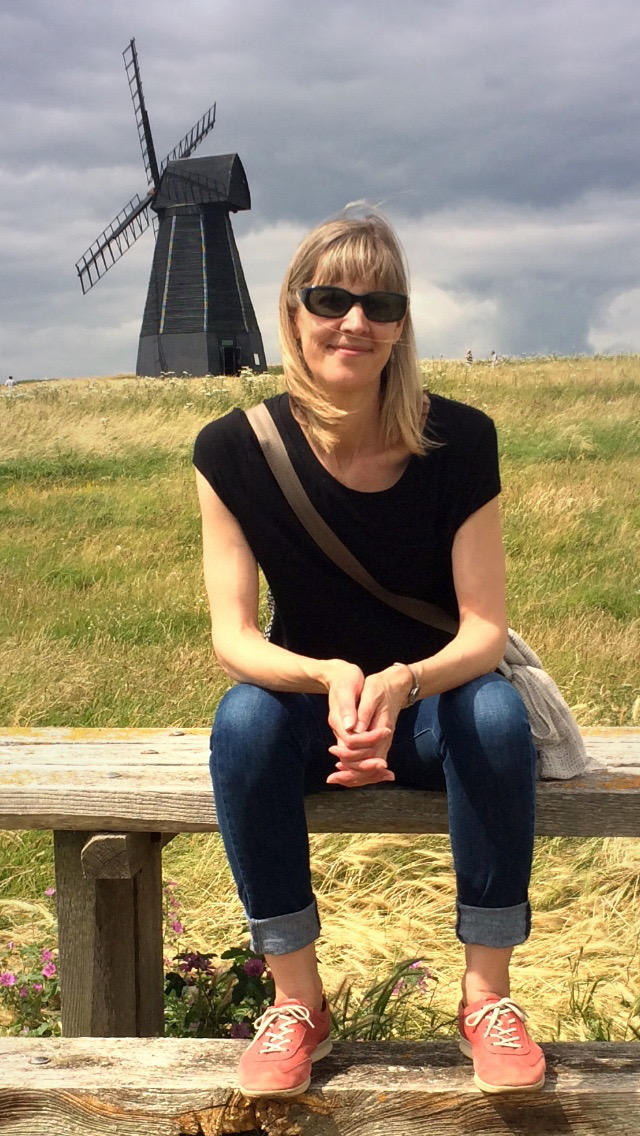Feb. 22, 2021
What We Are Learning This Week with Dr. Susan Franceschet

Feb. 22, 2021 in POLI 453 Women and Politics
Dr. Susan Franceschet is exploring how women become prime ministers, presidents, and cabinet ministers and how gender shapes their pathways to office.
Can you tell us a little more about this topic?
Most countries in the world have never had a woman leader and very few have had more than one woman in the country’s top political office. Cabinet ministers also tend to be men, with women today holding less than a quarter of cabinet posts around the world. To explain this, we’ll be looking at ideas about gender, how they differ around the world, and how ideas about gender interact with a country’s electoral and political systems to shape women’s pathways to executive office.
What else do you cover in your course?
The course covers an array of topics related to women and politics. We look at gender gaps in public opinion and voting behaviour, the challenges women face when running for political office, and patterns of politics in several regions of the world, including Europe, North America, Africa, Latin America, and the Middle East.

What are some of your most rewarding moments from this course?
This is such a rewarding course to teach! I love hearing students’ reactions to how other countries have successfully increased the number of women in elected office and debate about how to achieve such outcomes in Canada. I’ve also had students tell me that after taking the course, they’ve become more interested in running for office themselves. It’s so inspiring to see that our students really care about improving the diversity of our elected representatives and my biggest hope is that my course gives them concrete ideas and mechanisms for doing so.
Finally, what other courses would you recommend for students interested this topic?
Our Political Science department offers two other courses specifically about gender and politics, both at the 500-level: POLI 551 Women in Canadian Politics and POLI 554 Women and Public Policy.
Our Thanks to Dr. Susan Franceschet for sharing your course with us.
